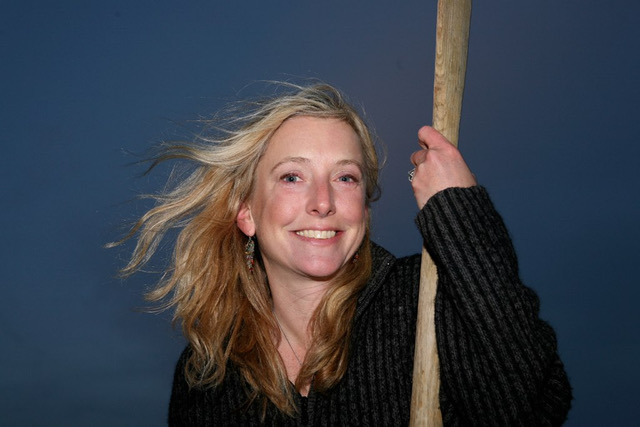
Roz Savage MBE holds four Guinness World Records for ocean rowing and is the first woman to row solo across three oceans: the Atlantic, Pacific and Indian. She used her adventures to raise awareness on environmental issues. Amongst her many accolades and achievements, she is a United Nations Climate Hero, a Fellow of the Royal Geographical Society, a Fellow of the Explorers Club of New York, and recipient of a Yale World Fellowship. Roz also founded The Sisters, a global network of women who want to create a more peaceful and sustainable future. Roz’s new and wonderful book The Gift of Solitude: a short guide to surviving and thriving in isolation is now available on Amazon.
I interviewed Roz two weeks before the Coronavirus pandemic closed down our lives and made us rethink everything. It’s as if she was holding a crystal ball in her hands and forewarning us that our lives were about to drastically change. This makes her interview all the more relevant. Speaking as an environmentalist, Roz knows we have to make a radical shift in consciousness if humanity and the planet are to survive. The ‘change’ she speaks of has manifested as the global Covid-19 pandemic.
Sue: Welcome Roz. It’s such a pleasure to have this opportunity to talk with you, especially during these times of such change and challenge. This series of interviews is with people who are inspiring me to look at what it means to be living more consciously for a better world irrespective of what’s happening ‘out there’. What does this mean for you?
Roz: Everything I’ve learned in this lifetime, I’ve learned by doing it the wrong way first. For the first thirty years of my life I was deeply entrenched in the Western belief that having a good job and making money would make me happy. I was a good little consumer and really excelled at jumping through other people’s hoops. When you’re good at passing exams and getting a pat on the back from your teachers and parents you tend to end up doing more of the same because it gets you more applause. I now realise, similar to lots of ‘successful’ people, my schooling in reality trained me to become like a performing monkey. I was simply unconscious of what was going on. But we seldom question life when we are succeeding according to the criteria of the world.
Sue: What happened to change this for you?
Roz: The increasing realisation that this so-called “successful” life simply wasn’t working for me. At the time I was working as a management consultant in London – entirely appropriate for someone with a law degree from Oxford. All my friends were doing similar jobs and seemed happy enough, but there was something going on inside me that I didn’t even have the language for. Colleagues were getting promoted and I wasn’t, which made me feel like a failure. I couldn’t understand how I was doing so badly, but it’s difficult when all the people I knew were married with mortgages and all living in the same bubble. It’s really scary because you don’t know what’s outside the bubble.
Sue: What was it that finally pushed you to step outside this bubble?
Roz: The feeling my soul was shrivelling up. Everything looked fine on paper – my friends would say, ‘Roz, you’re great, you’ve got everything.’ But to me it all felt off-kilter.
The pivotal moment came when I read Stephen Covey’s classic book, 7 Habits of Highly Successful People. I had been reading quite a few self-help books around this time because I was trying to work out who I was. In his book, Stephen Covey sets an exercise which encourages you to write two versions of your funeral. The first version focuses on what you want people to say about you and how you want to be remembered. The second version is to write about where you are heading if you carry on as you are. It was a massive life-changing wake up call. I now talk and write about this exercise all the time because I want to inspire other people to do the same as I did – really think about how they want their life to turn out.
Sue: I have done a similar exercise, and it certainly made me rethink how I wanted to live my life.
Roz: I found it particularly powerful because usually, when we’re trying to work out what we want to do, we start from where we are – what skills we already have and what kind of job we can find. This way of thinking is very limiting. But when we allow ourselves to dream of where we want to end up – and yes, fifty years in the future can seem a very long time when we are thirty – and then work backwards from there, it makes it so much easier to think outside the box. It also reminded me that I don’t have forever so I need to get on with it.
Sue: I love the concept of working backwards to find out what we want to achieve with our life. It would make an enormous difference to all of us if we could accept that life is finite, and to be remembered for making a positive contribution to the world.
Roz: I realised I wanted to be remembered as someone who was willing to risk the hell out of life – someone who went out there and tried things and it didn’t matter if I failed or succeeded. It was about having a zest for life.
Bearing in mind I was a really miserable, discontented London yuppie where everything felt grey, this other life that I’d described in the exercise seemed to be in Technicolour. It felt so real – as if I was glimpsing a parallel universe where the real me was living – a person who knew who she was, appreciated her gifts and what it meant to live on her own terms. She certainly wasn’t jumping through anyone else’s hoops. She had a sense of her true place in the world and in her circle of friends – and she also had a strong sense of united purpose what would evolve over time. This exercise was the lever that popped the lid off the can and made me want to metaphorically [at the time] get into a boat and start rowing.
Sue: How did this metaphorical desire to get into a boat and start rowing turn into a life-challenging reality?
Roz: It certainly didn’t happen overnight. I was married to someone who was quite conservative. So, at first, I met a lot of obstacles. I also realised that although I had a vision of the kind of life I wanted, it didn’t necessarily involve a way of making money. My ego mind didn’t like wild crazy imaginings like this. It threw up all kinds of questions and doubts such as how to earn an income, what would happen to my marriage and where would I live.
There was a lot of resistance to work through plus the rather embarrassing admission that, ‘Wow! I have really been barking up the wrong tree for all this time. I need to turn everything upside down now, and I don’t know what this is going to look like.’ But I believe that once you see this other vision of yourself you can’t un-see it. It’s a knowing at a soul level.
Sue: Even so, making a massive life change like this takes a lot of courage. It’s not an easy thing to do.
Roz: No, it’s not. Of course, things got a bit messy. But I believe things have to break down before they can break through. I don’t think there’s any way around that. In the end, I quit my job and my marriage ended as amicably as it could. All the things that I was told I needed – secure marriage, mortgage and career – disappeared within a couple of years. But it was tremendously liberating to realise I was still here! I was still alive!
Sue: Having experienced my own breakthrough, which happened a while ago now, I agree with this sense of liberation – and even a sense of incredulity that I had survived!
Roz: This is what the classic hero and heroine’s journey is all about. But you have to first answer this call to adventure. And, as soon as I did, I was amazed at how friends, mentors and allies showed up. I had burst the bubble wide open and I was now hanging out with the cool kids. It was such an exciting chapter in my life. I really felt as if I was spreading my wings for the first time.
Sue: What happened after you broke open your bubble?
Roz: I knew I wanted to make a difference, so after my marriage ended in 2003, I went to Peru. I wanted to experiment with a much more spiritual way of living, inspired by reading The Celestine Prophecy – that’s such a great gateway to a different and more trusting way of living in the world.
I felt as if I entered this flow. Amazing opportunities arose and it seemed evident to me that a sort of surrender really worked well for me. It was also in Peru that I first found out about climate change. I found myself up in the Andes on a pilgrimage with 30,000 Peruvian Indians, pretending they were on a Catholic pilgrimage, but in reality it was about the mountains, the moon and nature – especially the glacier that provided them with not only water, but also kept their city of Cusco alive. The Indians told me that every year when they trekked up the mountain to the glacier, they needed to trek a bit further because the glacier is shrinking. This was my first real encounter with climate change.
After I got back from Peru, I went to Ireland on a kind of self-imposed retreat in a remote cottage and immersed myself in reading a whole load of stuff about spirituality and also about the earth changes based on Edgar Cayce’s prophecies concerning the pole shifts. In a weird way, everything I was reading seemed to fit together. It reminded me that I didn’t have forever and if I was going to make a difference, it seemed to be linked to climate change and other environmental issues that were going on. I think there are often different portals through which we arrived at consciousness. My spiritual learning was one aspect, but, for me, the relationship between humans and nature was another massive portal into a much more conscious way of living. Our lives depended on it.
Sue: So environmental issues became your purpose.
Roz: Yes, I had a purpose, but it took me a while to find a project. After I returned from Ireland I felt as if I was in a waiting room when you know that something really important needs to happen and you want to be of service, but you don’t know what this might be. I stayed in this waiting room for around five months and then this call to adventure came along when I wasn’t even thinking about it. I was on a long drive in my campervan – where you tend to go into a semi meditative state – and this completely bonkers idea popped into my head – which was to row across oceans and use it as my platform to get people’s attention for the environmental message.
Sue: That was some call to adventure!
Roz: It was! I had been particularly inspired by two phrases in Conversations with God by Neale Donald Walsch. The first is, ‘Everything you think, say and do declares to the world who you are.’ I wanted my work to be a declaration of this new me. The second phrase is, ‘I choose to experience the grandest version of the greatest vision ever I had about Who I Am’, which expresses this idea that whatever we do as individuals, we contribute to the collective evolution of consciousness.
I found this so bold and audacious. It wasn’t about self-aggrandisement. It was about, as Marianne Williamson says in Return to Love, allowing your light to shine, which enables other people to shine their own light as well. It was as if all these different strands of thought suddenly bumped into each other as was I was driving along, which created my own platform to raise awareness for the environment.
Sue: Do you think we all need these platforms?
Roz: That’s an interesting question. I don’t necessarily think so. It just so happened that my platform involved spending 500 days rowing over 15,000 miles across three oceans solo so I could raise awareness on issues such as plastic in our seas.
There are tens of thousands of people who don’t draw attention to themselves but have a calling to make a real difference. This, for example, could be caring for others in some way or being a fantastic grandparent. But these people are never acknowledged. There is so much goodness in the world that we sadly don’t hear about because the media is hooked on the message, ‘If it bleeds, it leads,’ This skews our perception of what’s really going on and makes people feel jaded.
Sue: It’s been nine years since you hung up your ocean-going oars. Tell me more about the journey you have been on since then, and what you are up to these days.
Roz: I think we’re heading into really interesting times – and this is going to be very different from anything that any of us can remember. We are entering uncharted waters, and the past is not going to be a good guide to the future. Rowing oceans taught me to trust in myself and my own abilities. So now I am relatively comfortable with uncertainly and volatility. Things are going to change whether it’s due to climate change, Coronavirus [at the time of this interview Coronavirus had not taken global hold], antibiotic resistance, demographic timebombs or overpopulation.
Whatever happens, I have a hunch that women have an important role to play in how humanity goes forward. I feel there is something different that women bring. This is about feminine strengths that are archetypal. It’s having a more cautious approach and longer-term thinking strategies that head off problems at the pass, rather than rushing in where Angels fear to tread. It’s about doing things far more collaboratively. For me my work is now about supporting women in nurturing their feminine strengths. I believe this is essential as we move forward.
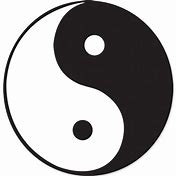
Sue: You are doing your doctorate on yin, or feminine, leadership. What are the main themes you are addressing?
Roz: It about the how to create balance between the male/female principles encapsulated by the Taoist symbology and interplay of yin and yang. Our entire economic system is currently focused on getting there as fast we can to expand our markets in order to become gazillionaires. We’re also playing fast and loose with certain medical and scientific ethical boundaries. I don’t want to disparage medical innovation because we can save many people from pain and suffering, but I am not sure about rushing ahead into, for example, human genetic engineering without fully understanding the morality of it, or the long-term consequences.
Sue: Yes, I think a lot of us feel increasingly uncomfortable around this.
Roz: Humans are historically terrible at foreseeing unintended consequences. For centuries, we’ve been in this kind of yang culture which has reaped many rewards and benefits, but it can’t go on forever without repercussions. It’s like wishing there was everlasting summertime, but we need the winter because that’s how nature works. We may believe we are conquering nature but when you’ve been alone in a tiny rowing boat in the middle of an ocean, believe me, you rapidly learn who is in charge, and we are not running this show! It’s very humbling indeed. You get this sense of the awesome power of nature.
Sue: How do you think things are going to turn out?
Roz: I think that the human experiment – which has been wildly successful – is running into its natural limits. I hope I am not a doom-monger but there is scientific data to prove that we have overshot the nine planetary boundaries that Johan Rockström speaks about.
Sue: Do you think it’s still possible to learn to live more consciously for a better world?
Roz: Well, that’s the million-dollar question. It’s easy to live unconsciously when everything is going great – it’s certainly been going great for those of us who live in developed countries – so why would we do anything differently? Therefore, I think this time is going to be a great opportunity for us to realise we need to do things in a very different way. We need to understand we are subject to the laws of nature and figure out a more genuinely sustainable way of living. At the moment we are just tinkering around the edges – we believe putting stuff in the recycling is sustainable behaviour!
Sue: What is your vision for humanity and the planet?
Roz: We do need a wake-up call, but this will create disruption. However, I trust this awakening will create some kind of unprecedented shift in consciousness.
My longer-term vision is that this gives us the wisdom we need to overcome our challenges to see collectively how things need to be done differently in the future in order to avoid yet more boom and bust in the human species. I used to wish that we could do this the easy way rather than the hard way. I hoped that we would wake up in order to head off these problems, but now I think we will probably have to do it the hard way – the problems are going to wake us up, and only then will we make the necessary changes.
I don’t really see any way around this. I would love to be proved wrong. Believe me, I don’t I don’t want to see humans or other species suffering, but I think that this is what’s going to have to happen. We are like addicts. Most addicts don’t manage to change their long-term, well-entrenched habits until they get the diagnosis, or their relationship implodes or something else dramatic happens that makes them wake up and realise what they’ve been doing – and what needs to change. That’s where we are collectively right now. Let’s just hope that we can create some kind of network so we can support each other through this.
Sue: Yes, we do need to face our addictive behaviours if we are going to create a much more positive way of life.
Roz: I haven’t been to an addiction meeting. But I understand it’s a lot about having a sponsor and support of the group. That’s what needs to happen if we are going to move forward to the next iteration of humanity. It needs to be much more about unity consciousness, about working together in collaboration and moving away from this very individualistic society that we mostly live in right now. That, for me, is the silver lining. That’s what I’m excited to see in the future.
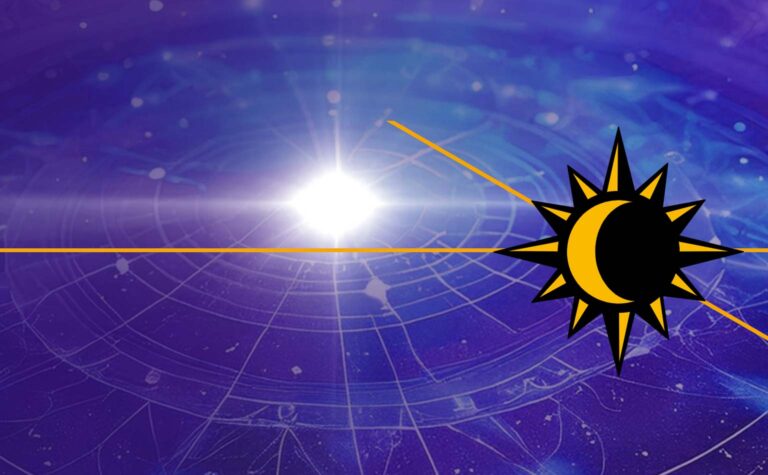
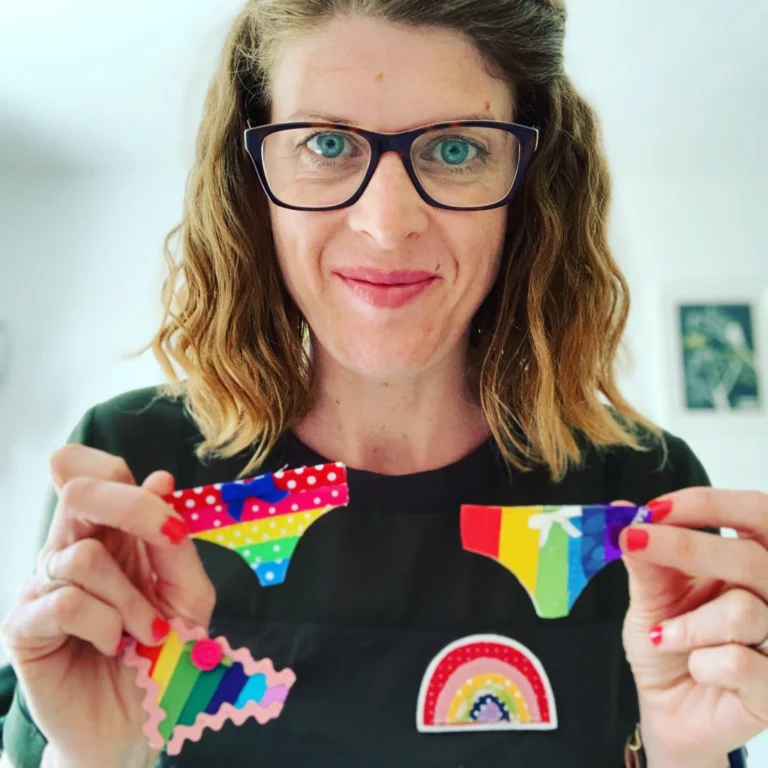

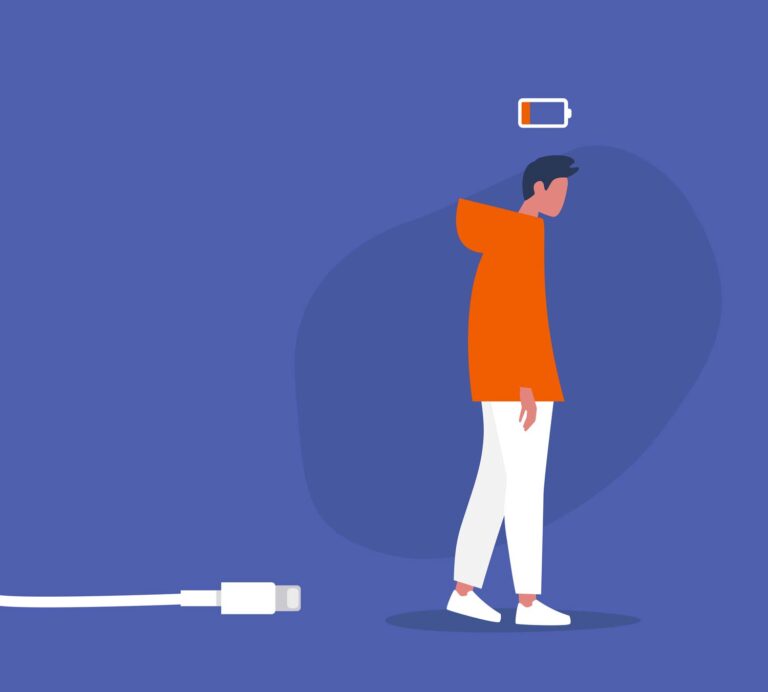



1 comment